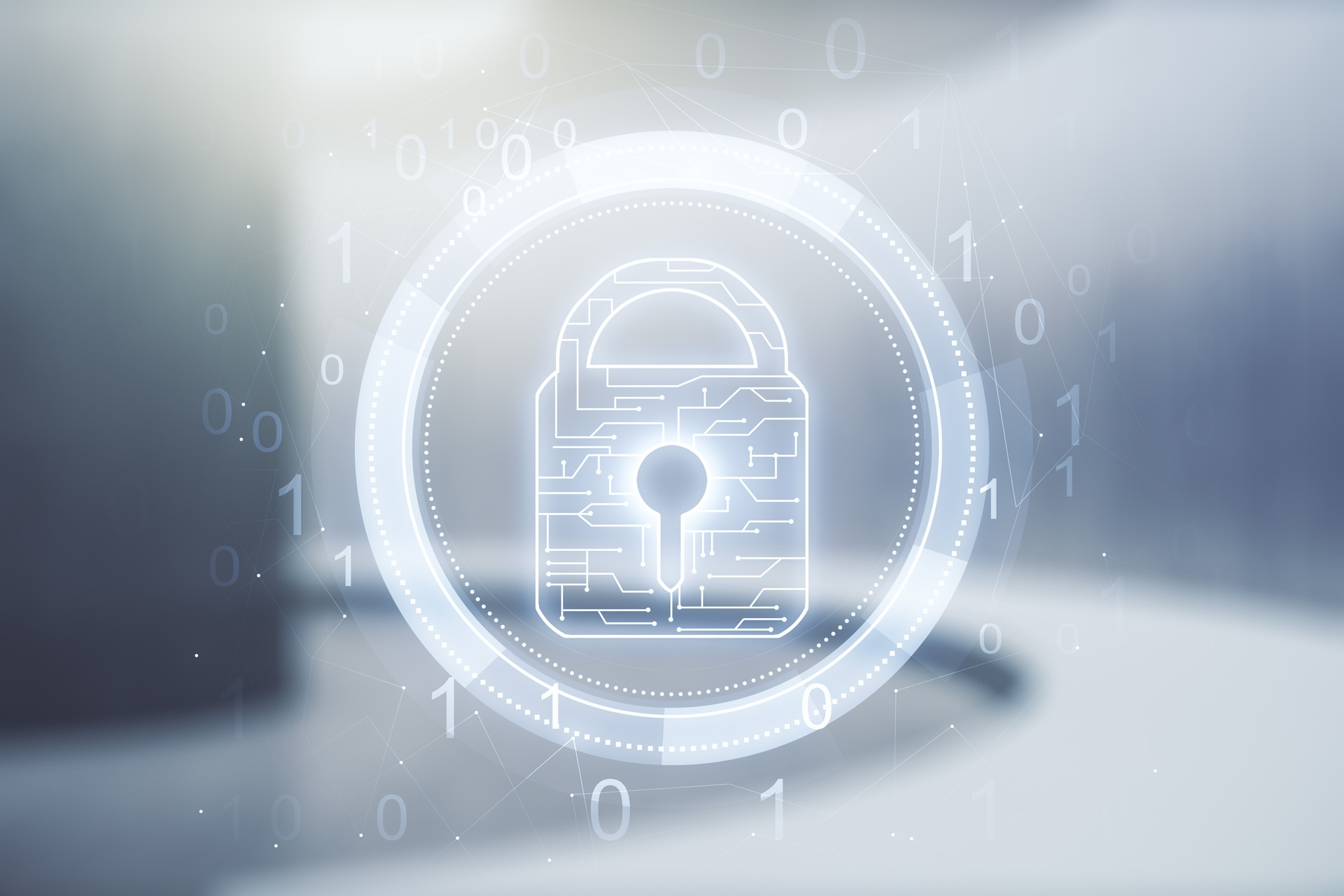Relevant Laws and Regulations with Links to Official Sources
Ensuring student data privacy requires compliance with various federal and state laws designed to protect personally identifiable information (PII) in educational settings. Schools, districts, and EdTech vendors must be familiar with these regulations to implement effective privacy policies and practices. Below is an overview of the most important student data privacy laws, along with links to official sources for further guidance.
Family Educational Rights and Privacy Act (FERPA)
FERPA is the primary federal law that protects the privacy of student education records. It grants parents and eligible students the right to access and request corrections to their records while restricting the disclosure of student information without consent. Schools must implement safeguards to prevent unauthorized access to educational data and ensure that third-party vendors comply with FERPA requirements.
Children’s Online Privacy Protection Act (COPPA)
COPPA regulates the collection of personal information from children under 13 by online services, including educational technology platforms. It requires EdTech vendors to obtain verifiable parental consent before collecting or processing children's data. Schools can consent on behalf of parents for educational purposes but must ensure vendors comply with COPPA regulations.
Protection of Pupil Rights Amendment (PPRA)
PPRA protects students from the unauthorized collection of sensitive information through surveys or research funded by the U.S. Department of Education. Schools must notify parents and provide opt-out options for surveys that collect data related to political beliefs, religious affiliations, mental health, and other protected topics.
Children’s Internet Protection Act (CIPA)
CIPA requires schools and libraries that receive federal E-Rate funding to implement internet safety policies. Schools must block access to harmful content, educate students about online safety, and establish cybersecurity measures to protect student data. Compliance with CIPA is essential for schools using internet-connected learning platforms.
State-Specific Student Data Privacy Laws
Many states have enacted additional privacy protections beyond federal laws. Some of the most notable state regulations include:
- California Student Online Personal Information Protection Act (SOPIPA): Limits how EdTech companies can collect and use student data. Read More
- Illinois Student Online Personal Protection Act (SOPPA): Imposes stricter requirements on how student data is collected and shared. Read More
- New York Education Law §2-d: Provides detailed security and privacy requirements for handling student data. Read More
- Colorado Student Data Transparency and Security Act: Requires districts to maintain transparency in student data collection. Read More
General Data Protection Regulation (GDPR) – Impact on U.S. Schools and Vendors
While GDPR primarily applies to data protection in the European Union, it also affects U.S.-based EdTech companies that collect personal data from EU students. Vendors serving international students must ensure compliance with GDPR's strict data protection, consent, and transparency requirements.
Developing a Compliance Strategy
Schools and vendors must regularly review these privacy laws and ensure compliance with both federal and state regulations. Implementing clear data privacy policies, signing Data Privacy Agreements (DPAs) with vendors, conducting regular security audits, and training staff on privacy best practices are critical steps in maintaining compliance.
The National Student Data Privacy Association (NSDPA) provides schools and vendors with tools, policy templates, and guidance to navigate student privacy regulations effectively. By staying informed and proactively implementing privacy safeguards, organizations can create a secure digital learning environment that prioritizes student data protection.

